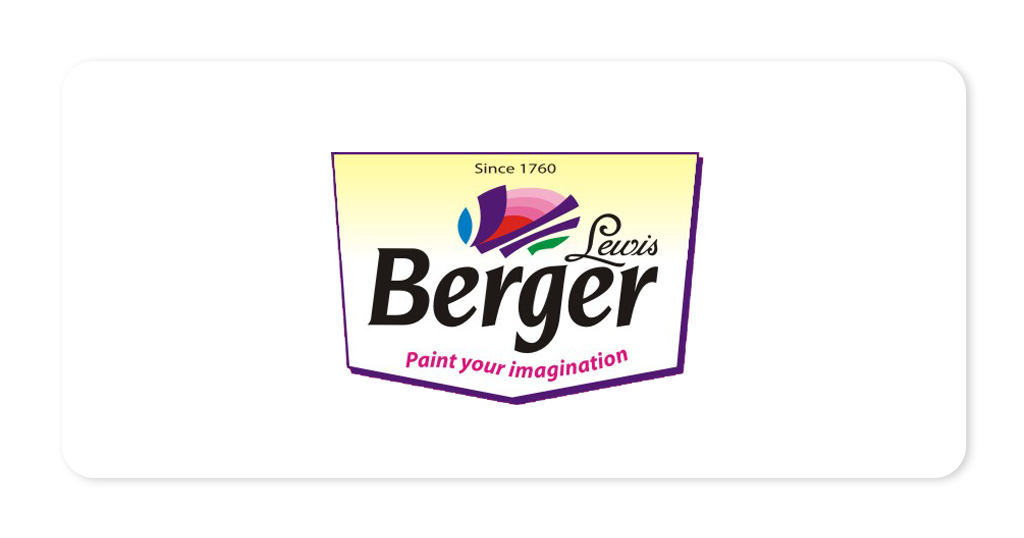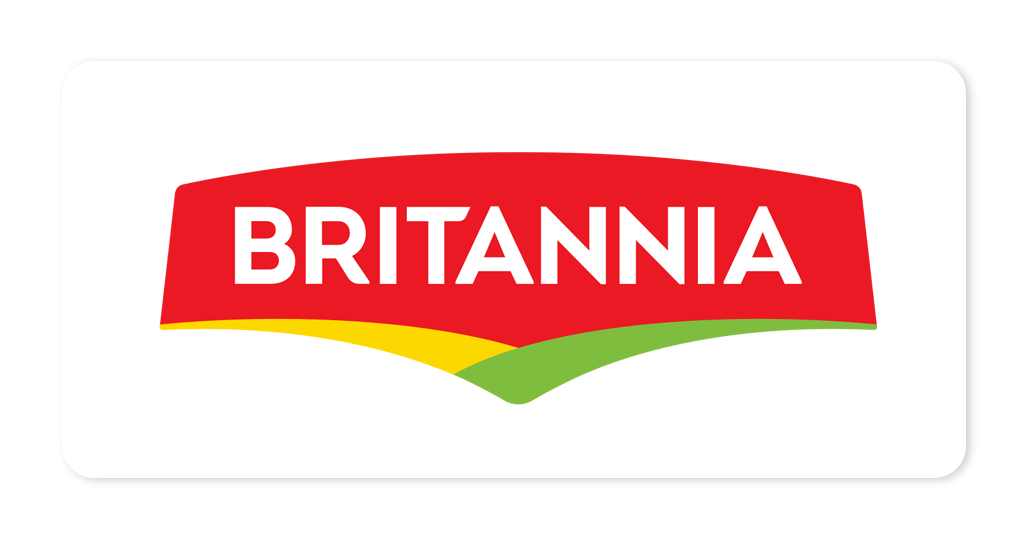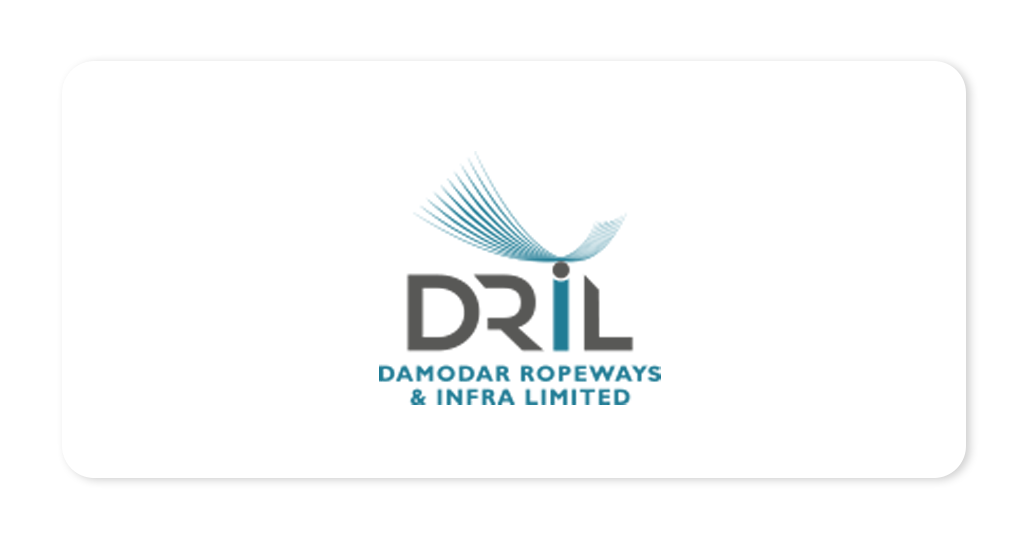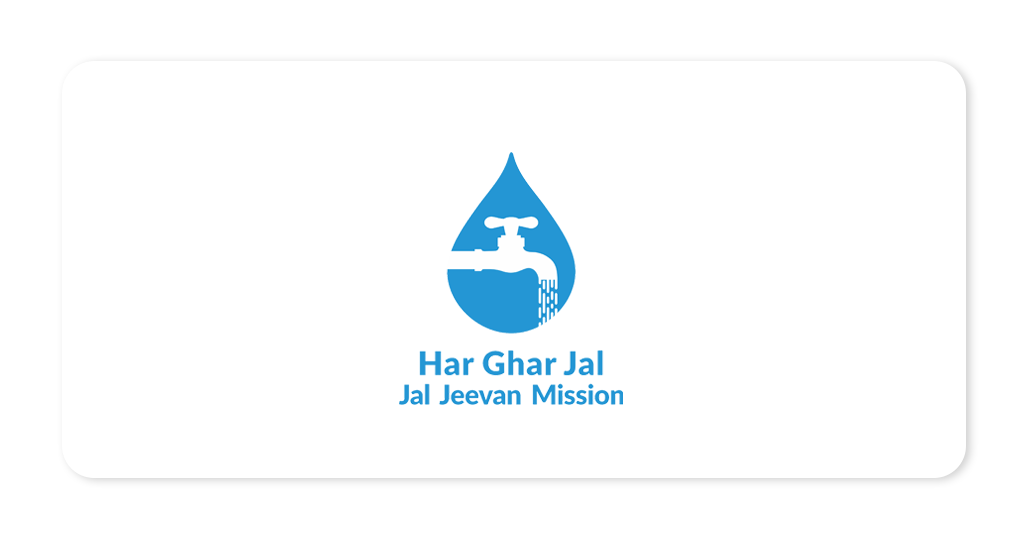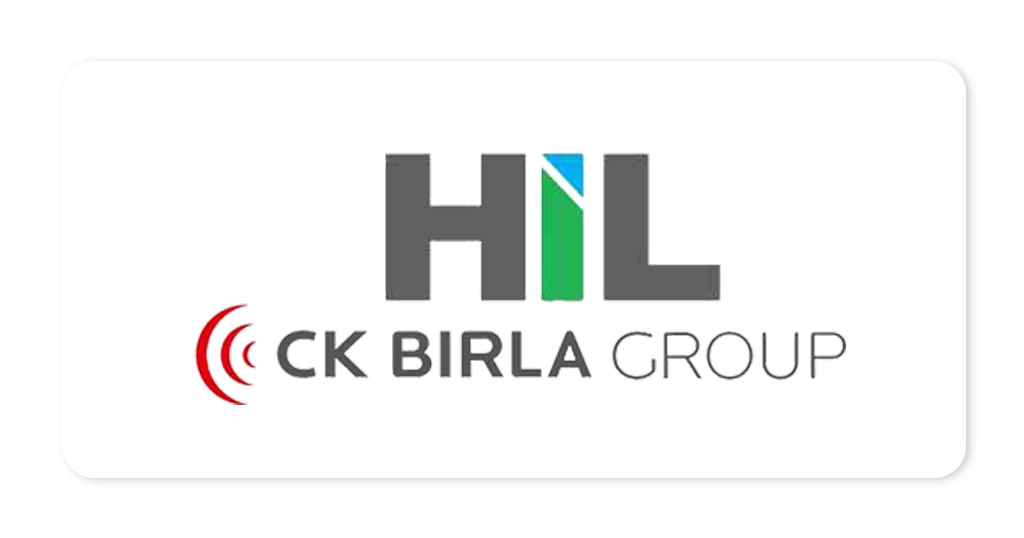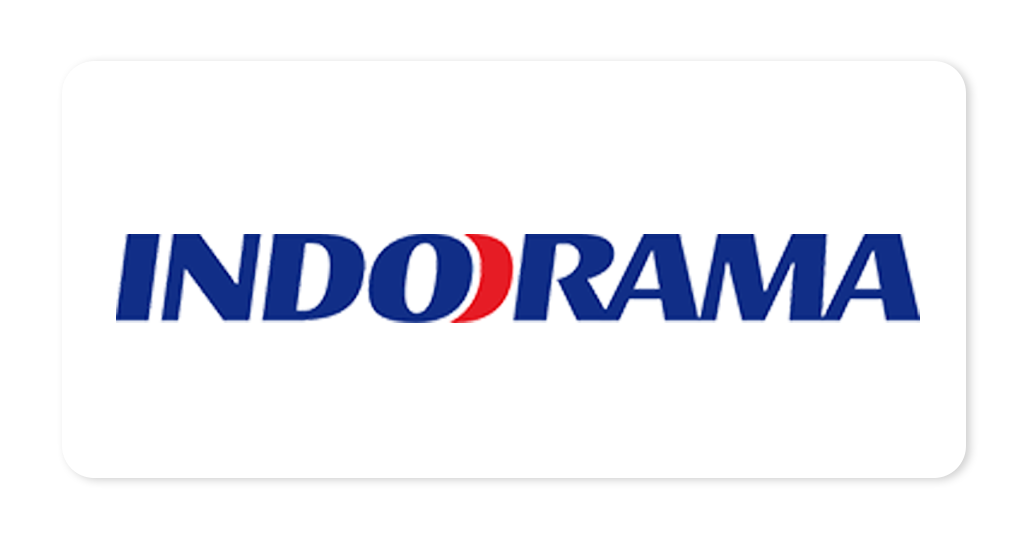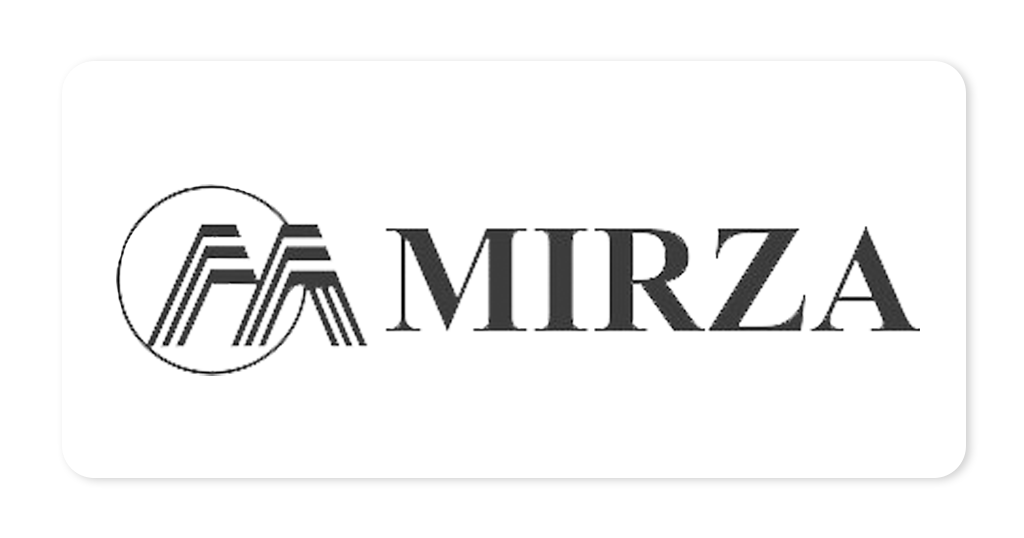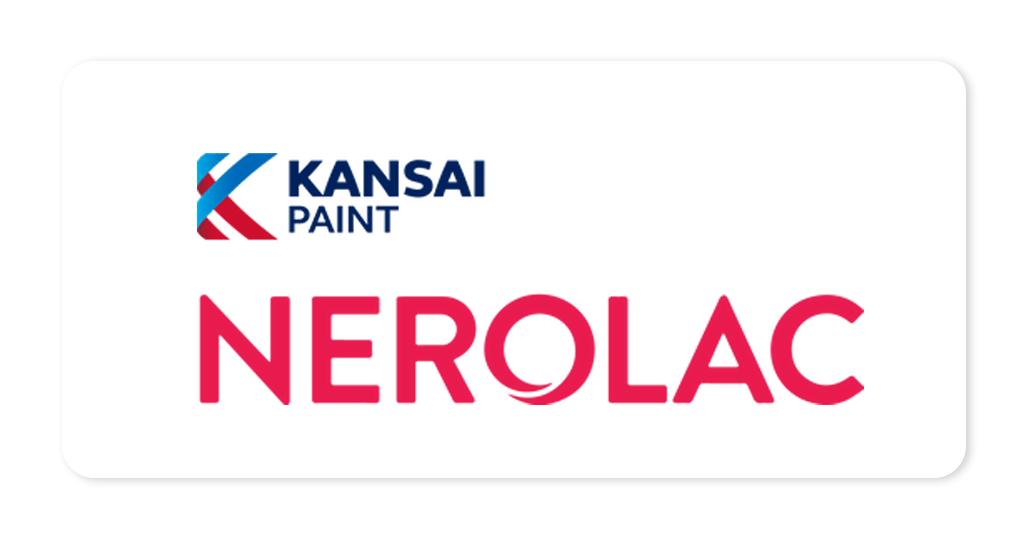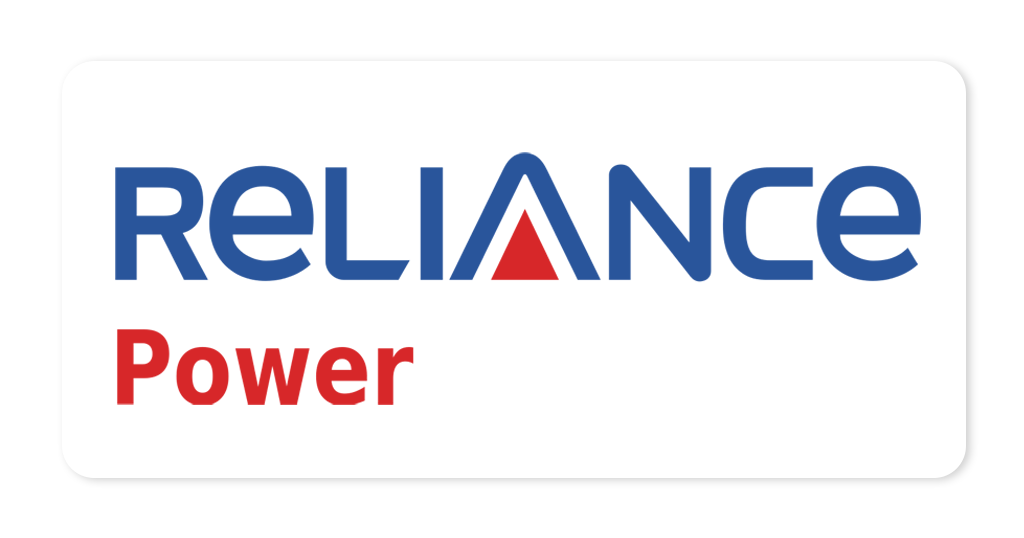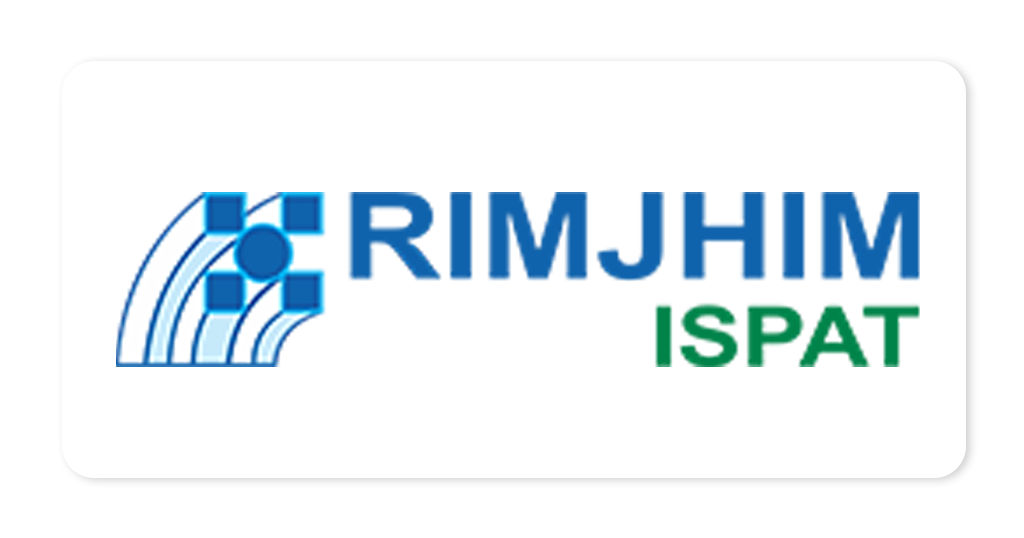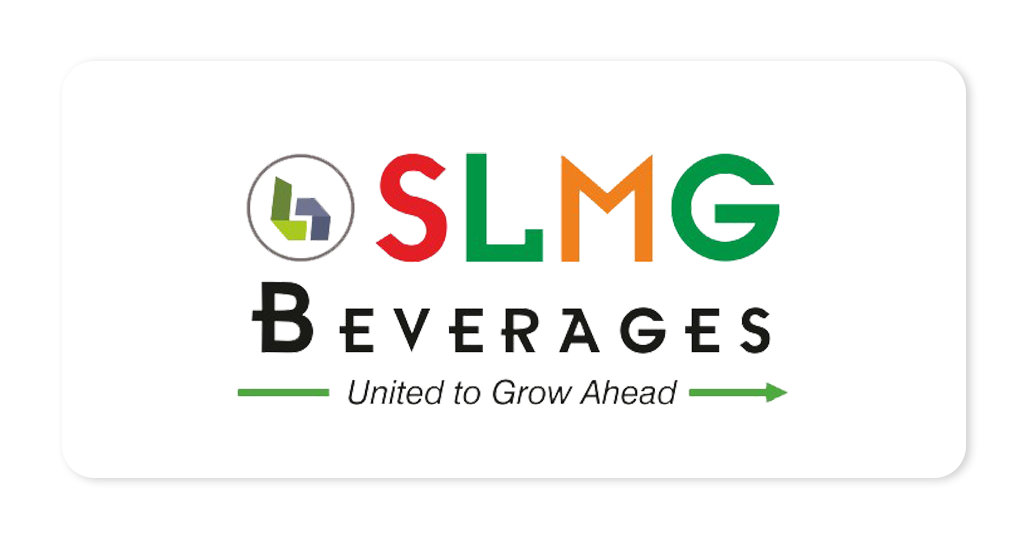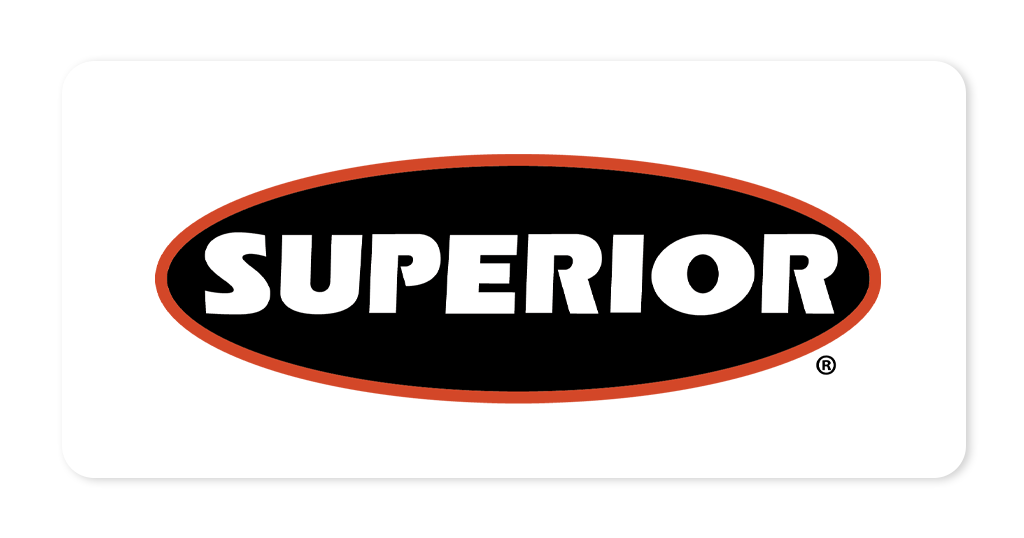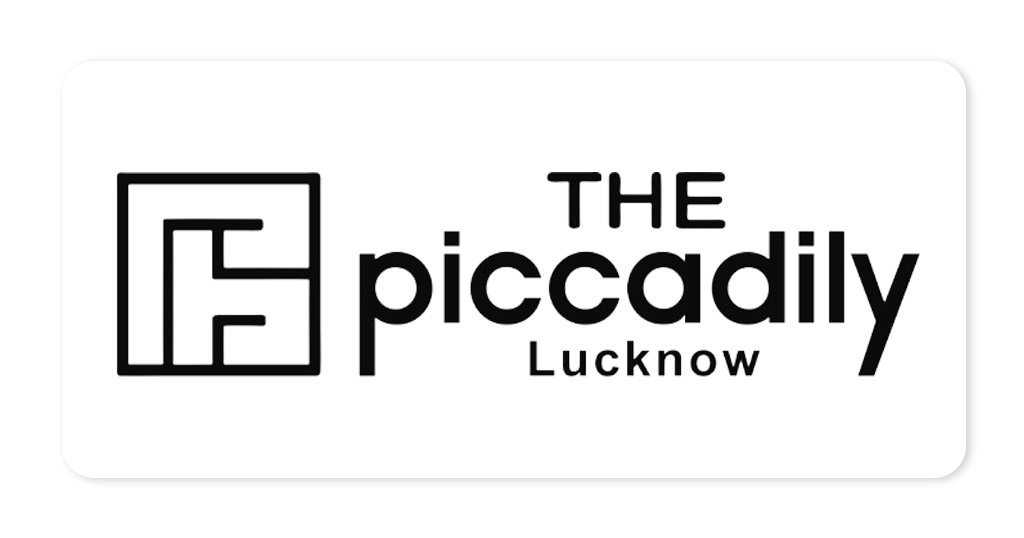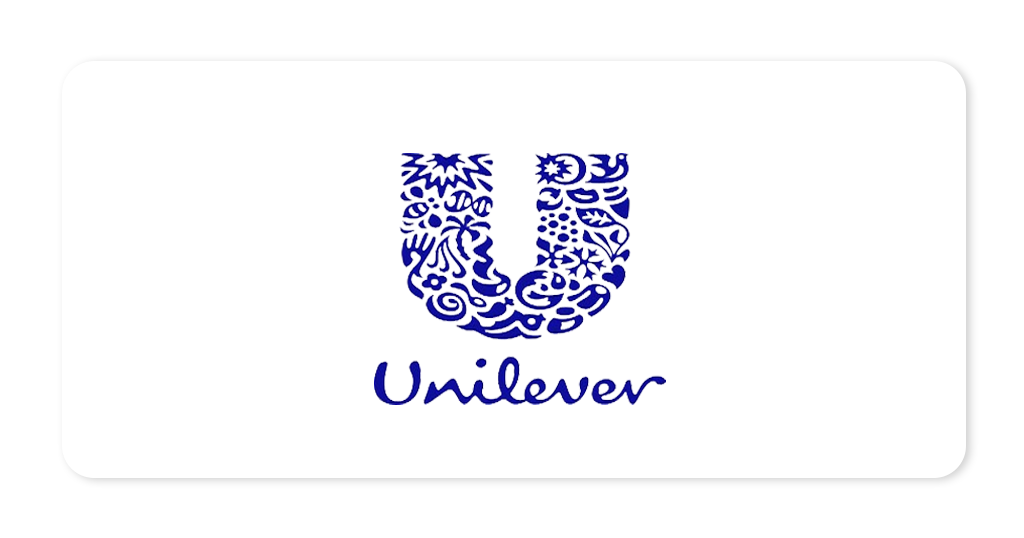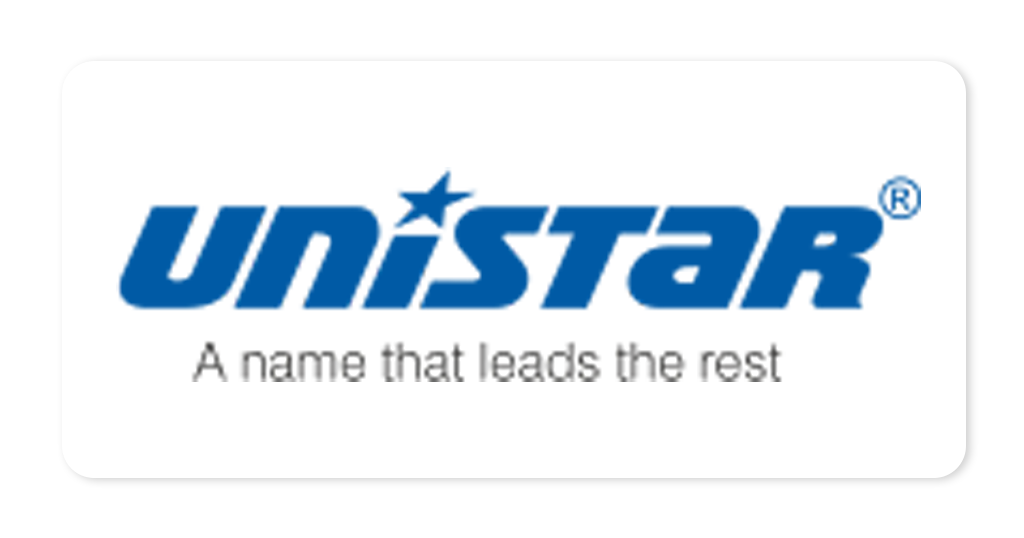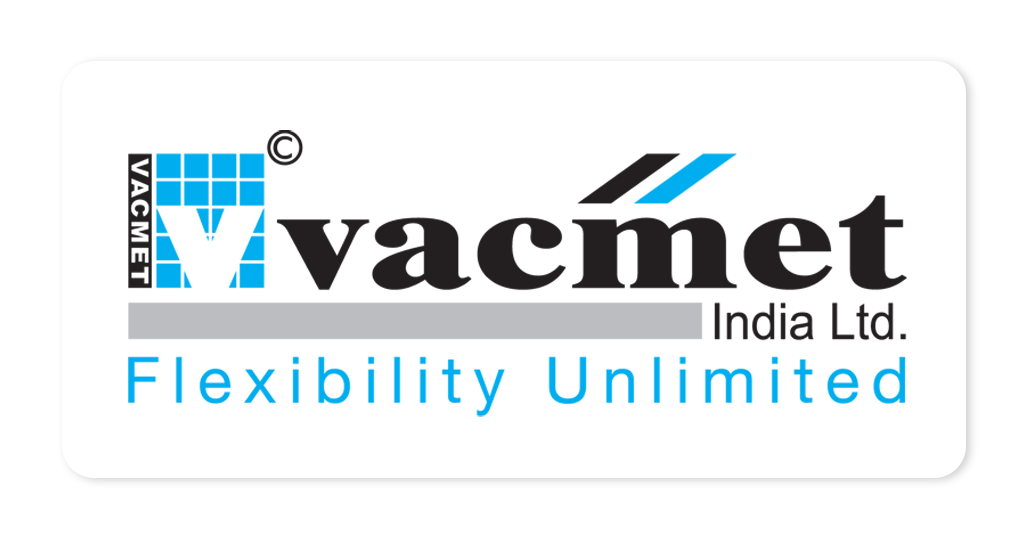23 Sep 2025
Laboratory for Water Testing: Safeguarding Water Quality and Public Health
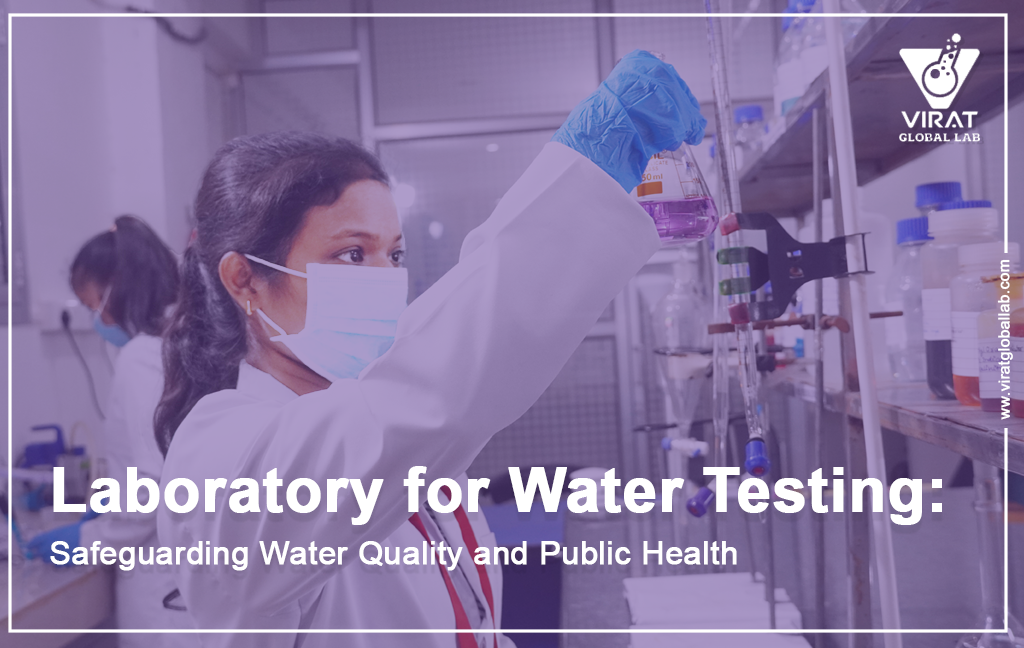
Water is often called the elixir of life. Yet, its quality is not always guaranteed. Behind every glass of safe drinking water or industrial water supply stands the meticulous work of a water testing laboratory. These laboratories are the backbone of water quality assurance, detecting contaminants, ensuring compliance with safety standards, and safeguarding communities and industries from potential risks.
Why Laboratory Water Testing Matters
- Invisible Threats in Water
Clear water can still carry bacteria, viruses, pesticides, and heavy metals like lead, arsenic, and mercury. These pollutants are not visible to the naked eye but can cause serious health problems such as kidney damage, developmental disorders, or waterborne diseases.
- Regulatory Compliance and Standards
Testing in a laboratory ensures that water complies with guidelines such as:
- BIS (Bureau of Indian Standards – IS 10500 for drinking water)
- WHO (World Health Organization) standards
- CPCB / SPCB (Pollution Control Board norms for effluents and wastewater)
Compliance not only protects human health but also shields industries and institutions from legal liabilities.
- Health & Safety Benefits
Laboratory testing prevents outbreaks of cholera, typhoid, diarrhoea, and other waterborne diseases by identifying contaminants early.
- Environmental Protection
Industries depend on water testing labs to monitor effluent discharge, groundwater safety, and river/lake water health, helping to control environmental pollution.
Services Provided by a Water Testing Laboratory
A modern NABL-accredited water testing lab is equipped with advanced instruments like:
- Spectrophotometers (for chemical analysis)
- Gas Chromatography (GC) & HPLC (for pesticides & organic pollutants)
- Atomic Absorption Spectroscopy (AAS) (for heavy metal detection)
- Microbial Incubators & Autoclaves (for bacteria/pathogen analysis)
Typical testing services include:
- Drinking Water Testing – pH, turbidity, hardness, heavy metals, TDS, and microbiology (E. coli, coliform, etc.)
- Groundwater & Borewell Analysis – Ensuring rural and industrial water safety.
- Surface Water Quality Testing – Rivers, lakes, ponds, and reservoirs.
- Wastewater & Effluent Testing – Mandatory for industries to meet CPCB/SPCB norms.
- Industrial Process Water – Quality checks for pharma, food & beverages, textiles, and power plants.
- Swimming Pool & Recreational Water Testing – Monitoring chlorine levels, pathogens, and turbidity.
Importance of NABL Accreditation in Testing
Not all labs are the same. NABL accreditation (ISO/IEC 17025:2017) ensures that the laboratory follows global quality standards. This means results are:
- Scientifically accurate and reproducible.
- Accepted by regulatory authorities across India and abroad.
- Reliable for compliance reporting and certification purposes.
Frequency of Water Testing
- Households & Drinking Water Suppliers: Every 6–12 months
- Industries (as per compliance norms): Monthly or quarterly
- Hospitals & Hotels: Quarterly testing to ensure guest/patient safety
- Swimming Pools & Recreational Facilities: Weekly to monthly
- Groundwater & Agricultural Sources: Annually, or after contamination events
Regular testing is a preventive measure as it is cheaper and safer than treating illnesses caused by contaminated water.
The Role of Technology in Water Testing
Advanced labs today combine manual expertise with digital technologies such as:
- Online water quality monitoring sensors for real-time data.
- AI and data analytics for contamination pattern prediction.
- GIS mapping to track groundwater quality across regions.
This blend of science and technology ensures faster detection, proactive intervention, and smarter water management.
Conclusion
A water testing laboratory is not just a place for analysis,it is a guardian of health, environment, and compliance. By choosing accredited labs and conducting regular water testing, individuals, housing societies, institutions, and industries can ensure:
- Safe drinking water for families.
- Compliance with government norms.
- Reduced risk of waterborne diseases.
- Protection of ecosystems and groundwater.
Virat Global Lab – Your Trusted Water Quality Partner
Recognized and trusted by leading organizations like IIT Kanpur, Berger Paints, Nerolac, Hindustan Unilever, and more. Services available in Noida, Lucknow, West Bengal, and across India.
Contact us today for drinking water testing, industrial water analysis, and NABL-accredited laboratory services.
Related Post




